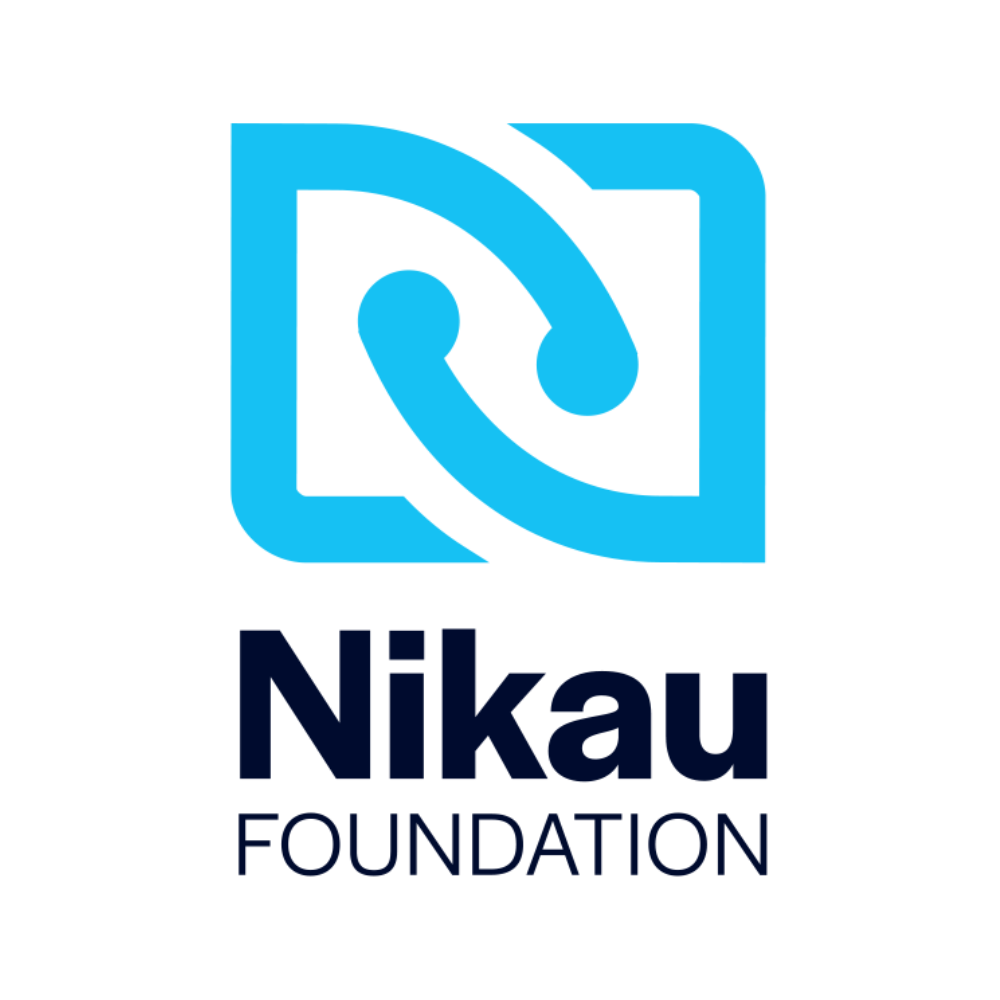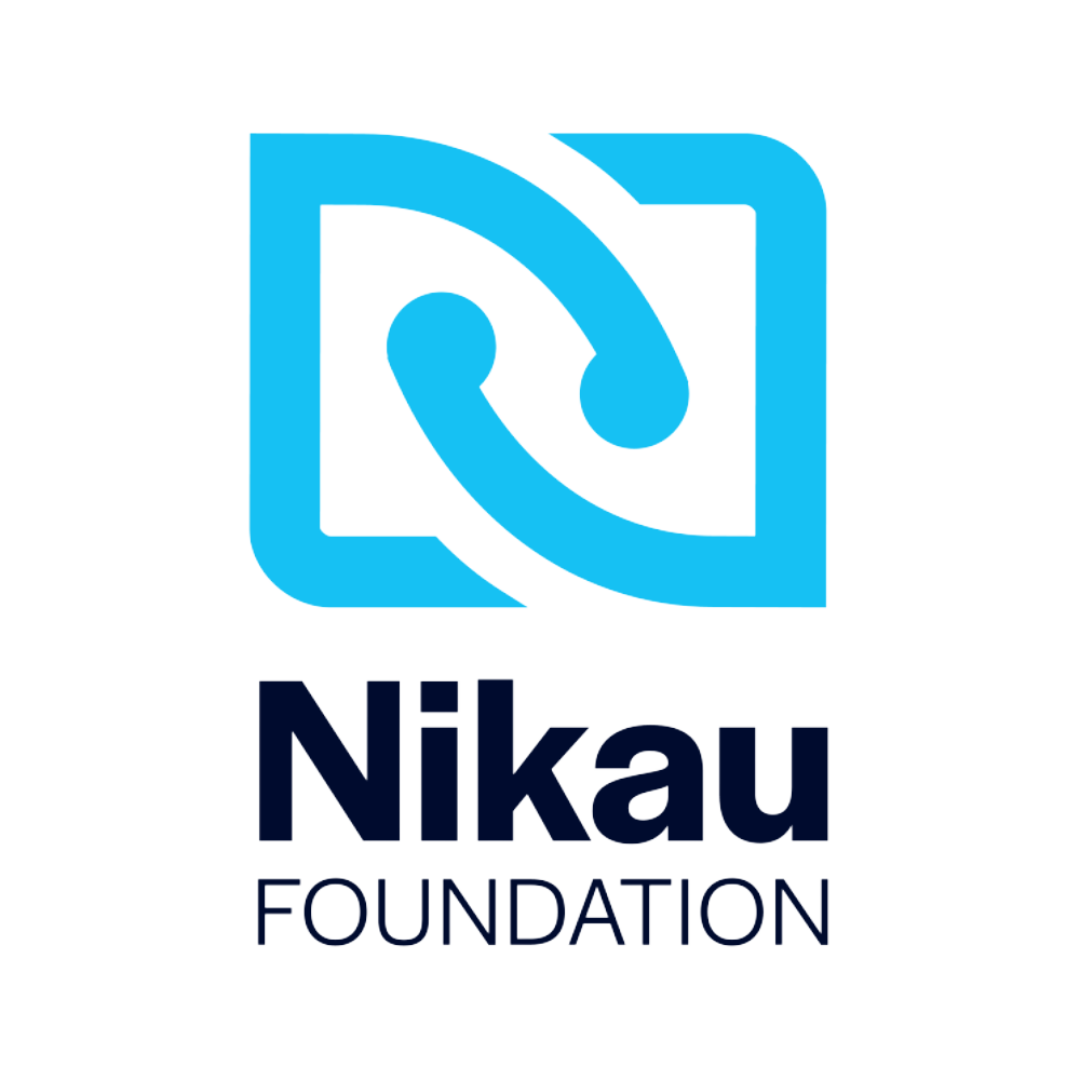Contributing to real conservation outcomes.
Ngā Manu Nature Reserve was aflutter with activity the afternoon we visited; the sound of native birdsong punctuated with furious chatter. A team of staff and volunteers are busily prepping for an upcoming family Easter event; hurriedly printing off posters and setting up tables ready for a weekend of picnics, relaxed walks and connection with nature.
These events aren't rare for Ngā Manu. In fact, they're now a key part of their offering; intended to sew the seed for an interest in environmental conservation amongst children and adults alike. "Conservation starts with a relationship with nature," says Ngā Manu Manager, Matu Booth, "just sitting in nature can be enough to spark a lifelong interest in preserving our natural environment."
Ngā Manu Nature Reserve.
The brainchild of former Wellington Zookeeper and conservation enthusiast, Peter McKenzie, the Ngā Manu Trust was established in 1974. "At the time, the general public looked to zoos to provide displays and entertainment rather than being involved with conservation, and there was little interest in native birds and reptiles," says Matu.
Recognising the opportunity to establish a location that embraced the ideas of preservation, conservation and education, McKenzie began the search for a suitable plot of land. What he found was a 14-hectare parcel of land, which contained a tiny remnant of rare lowland swamp forest surrounded by farmland, located just north of Waikanae.
At the time, the land was in poor condition and it took Peter and his team seven years to establish a thriving coastal lowland swamp ecosystem for native flora and fauna to flourish. Peter's vision was to protect the forest, restore the wetland ecosystem and establish breed for release programs to supplement biodiversity at Ngā Manu and other sites around New Zealand.
Grey Warbler, Ngā Manu Nature Reserve.
Over 40-years on, Ngā Manu has become a valued partner in many recovery programmes in partnership with both the Department of Conservation and the Zoo and Aquarium Association. “Our programmes contribute to real conservation outcomes, which is something we’re really proud of.” says Matu. Just last week, Ngā Manu transferred 20 Yellow Crown Parakeets to their new home on Puangiangi Island in the Marlborough Sounds.
Providing a site for nature education has also always been a core part of the Nga Manu vision, whether it be the first interaction a child has with the natural world, the wildlife studies undertaken by secondary school students, or research undertaken at University. Ngā Manu also has a venue that is used by many of the visiting education groups as well as being used for other public lectures.
A long-time supporter of Ngā Manu, Nikau Foundation was delighted to issue a grant to fund a new projector for this venue. “The new projector has dramatically improved how we deliver our educational lectures, making these more engaging for all participants”, says Matu. In addition to grants, Ngā Manu is also funded by investment income, admission sales, donations from members of the public, and through Nikau Foundation’s Ngā Manu Endowment Fund.
“Having an endowment fund means people who are thinking of giving to us can see that their donation will be giving to their grandchildren and even their great-grandchildren.”
- Matu Booth, General Manager
Ngā Manu’s Robin’s Nest Events and Education Venue.
As with all conservation initiatives, the challenges Ngā Manu face are ever-changing. In addition to the overarching threat of climate change, the once isolated reserve could be landlocked by suburbia within the next decade, which will substitute one set of challenges for another. "The high rate of residential construction in our surrounding area means that we will soon experience new threats. For instance, instead of ferrets and stoats, our new biggest threat could come from domestic cats. All these influences will inevitably affect the ecosystem we work so hard to maintain," says Matu.
However, with a large network of volunteers and dedicated staff, and with rallying support from the local community, Ngā Manu is set to overcome these hurdles with the same attitude with which they were founded; passionate and pioneering.
About the Ngā Manu Endowment Fund:
Established in 2017, the Ngā Manu Endowment Fund aims to support the operations and development of the reserve and assists with maintaining reserve assets and assisting with public education on conservation and the preservation of native flora and fauna.
Donate to the Ngā Manu Endowment Fund:
To contribute to Ngā Manu Nature Reserve long-term, you can donate to the Ngā Manu Endowment Fund via internet banking, online or by leaving a gift in your will.
Internet Banking:
Westpac - Lambton Quay - 03 0502 0163248 001
Once you have donated with the reference ‘NgaManu’, please let the Nikau Foundation team know by emailing accounts@nikaufoundation.nz with your name, address and noting that you would like to support the Ngā Manu Endowment Fund.






